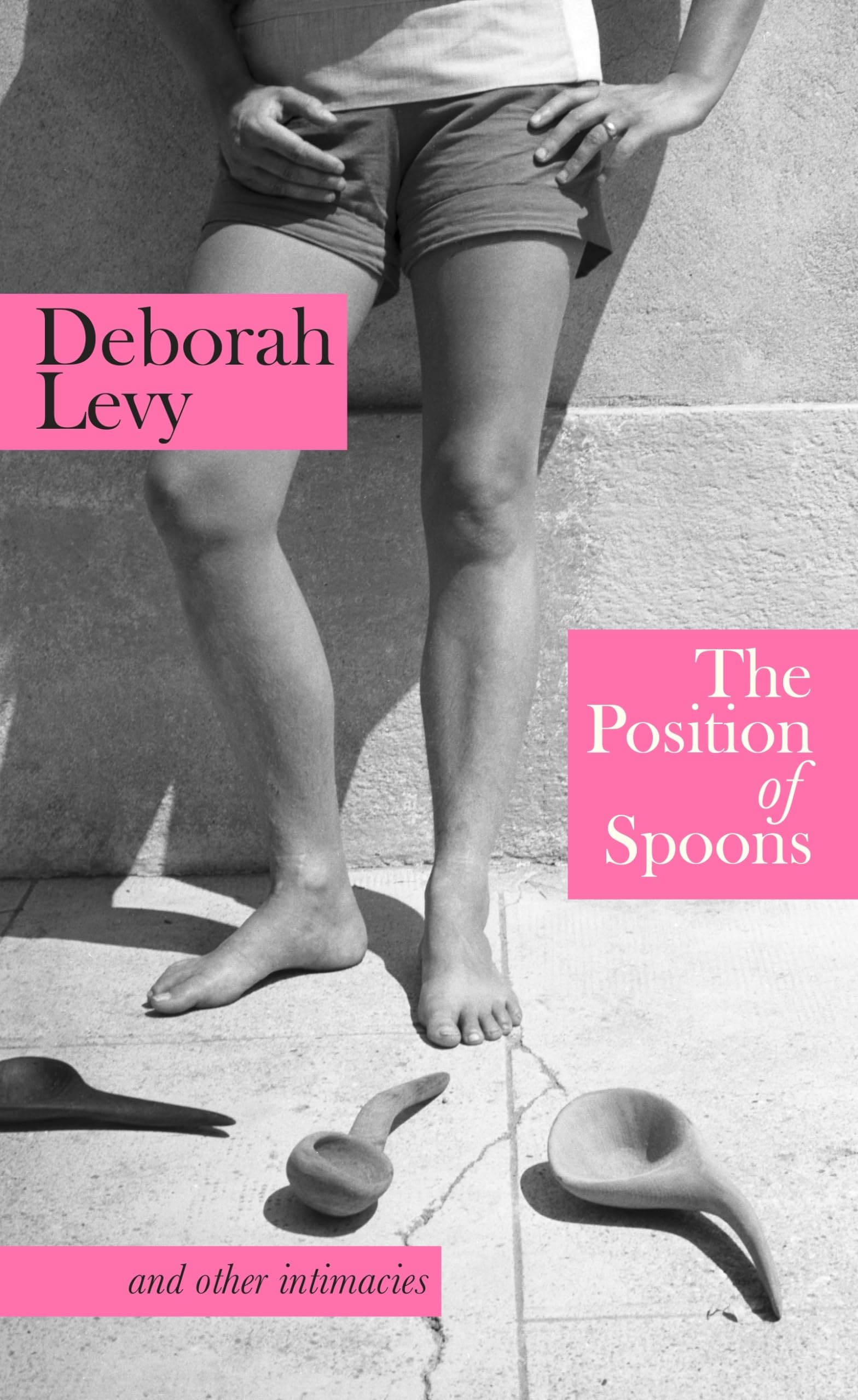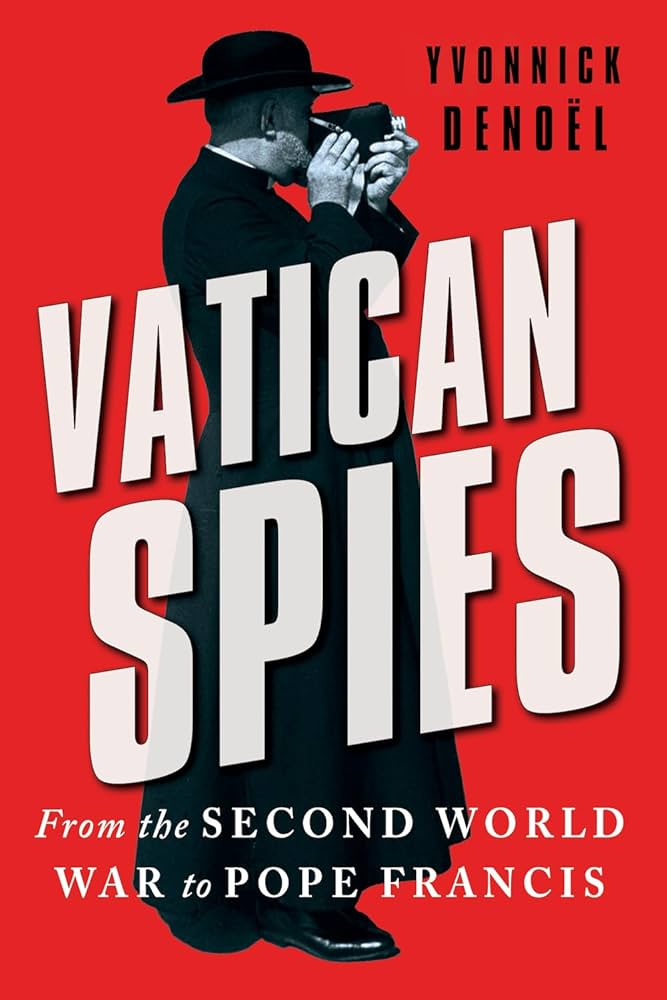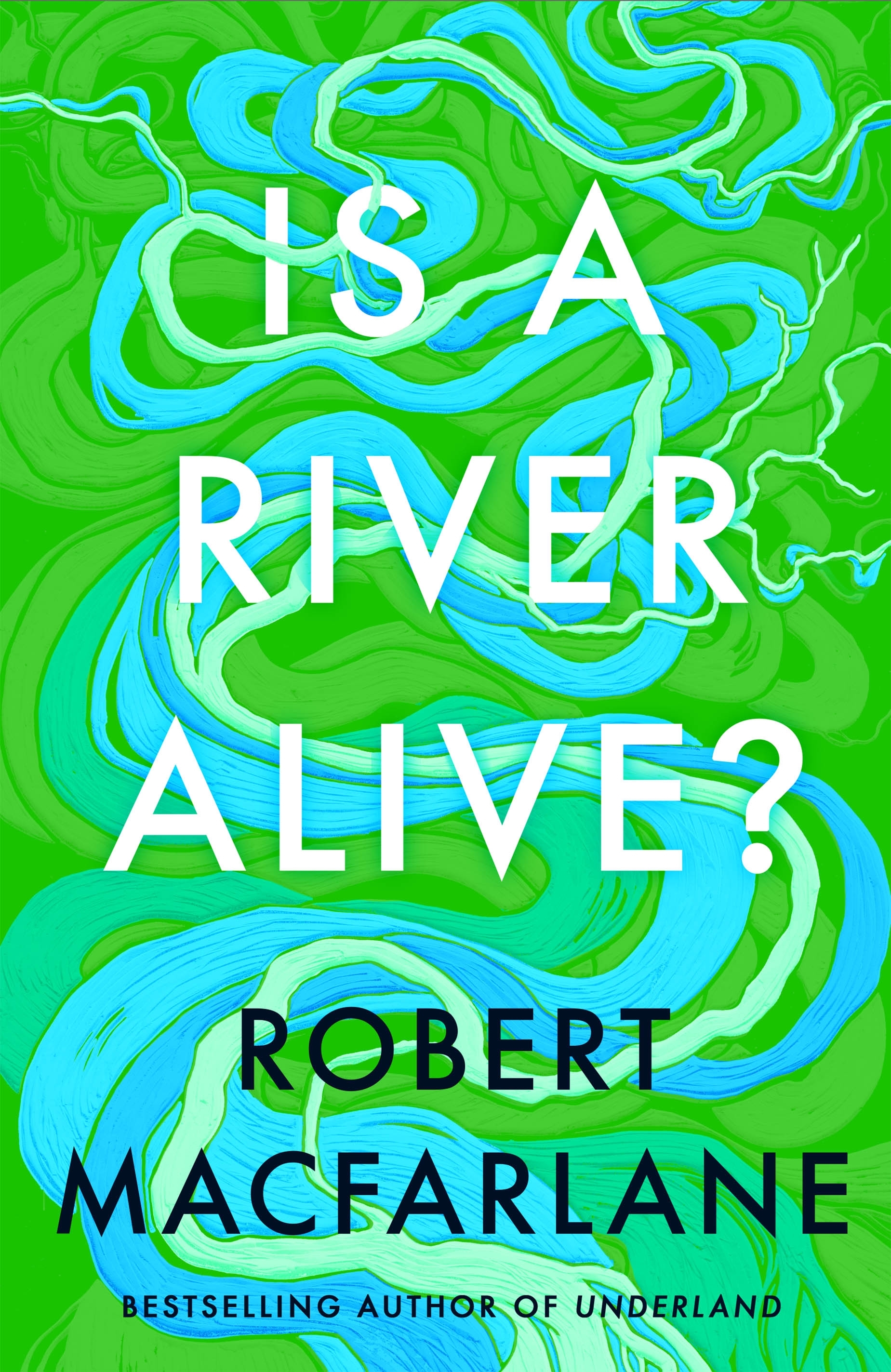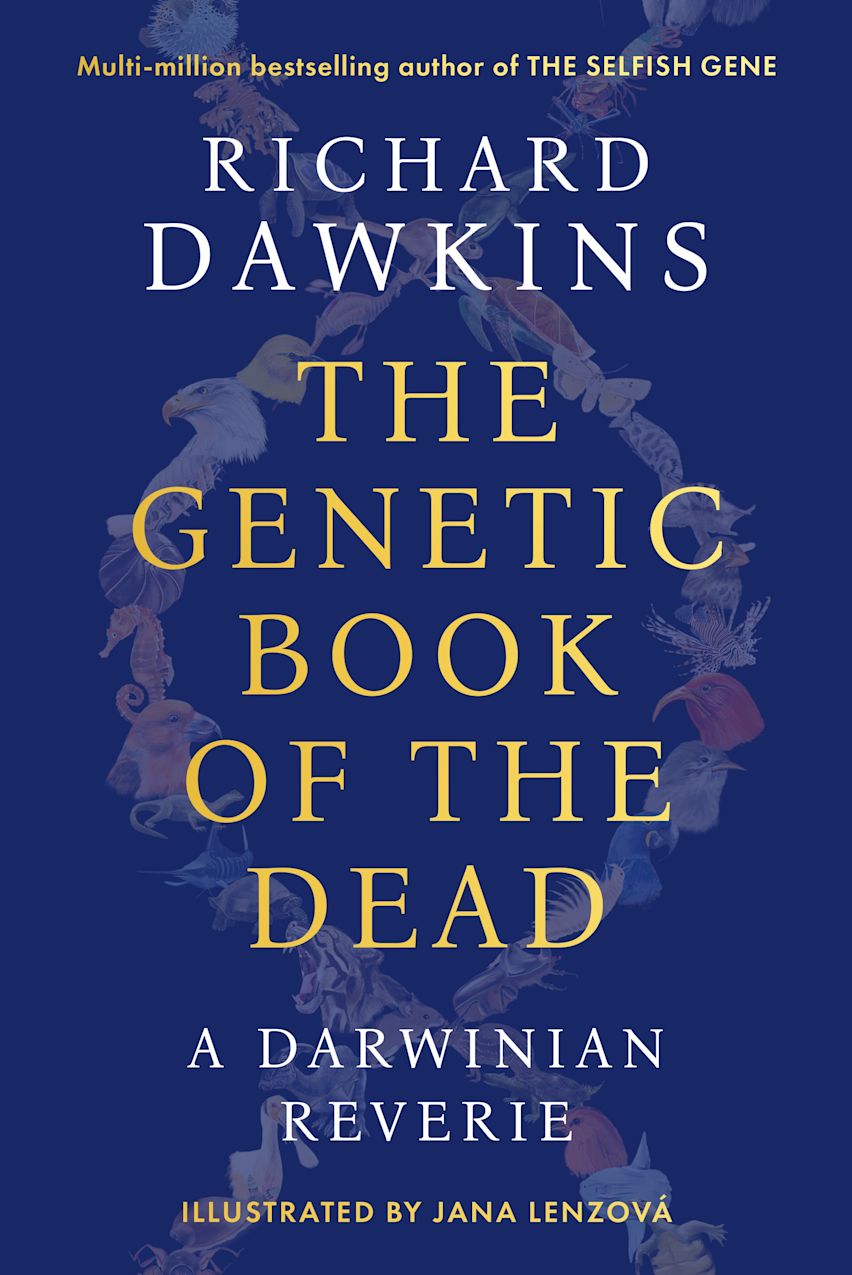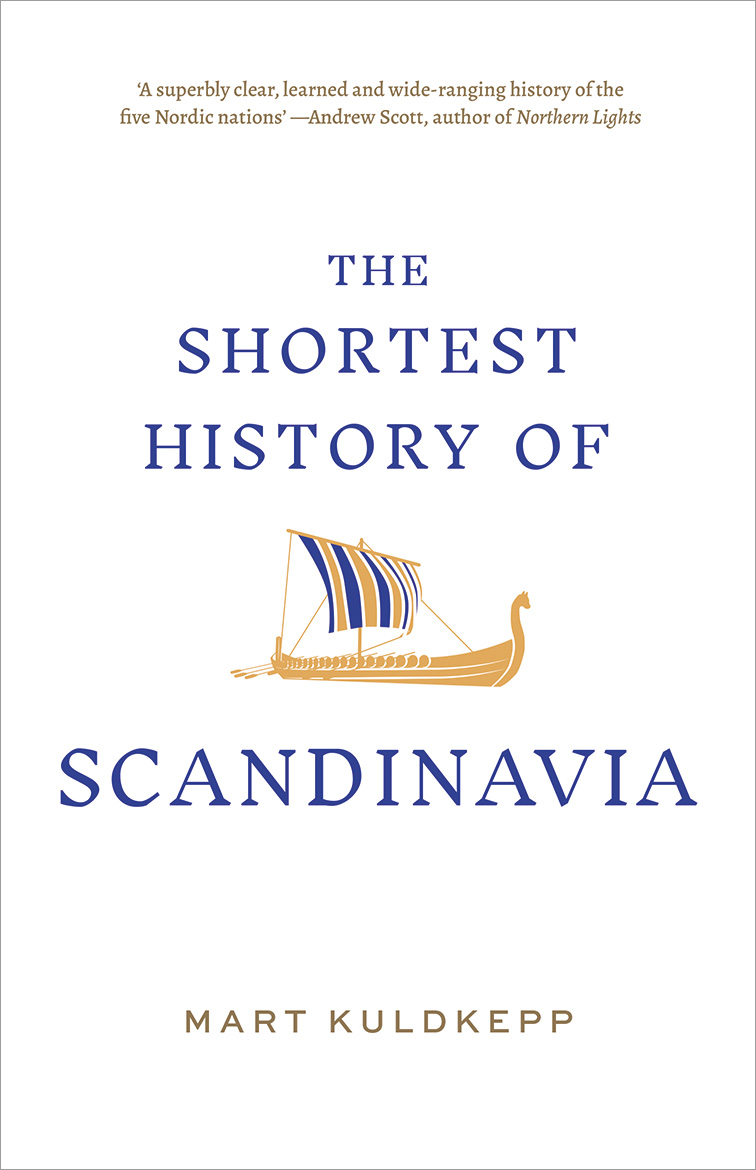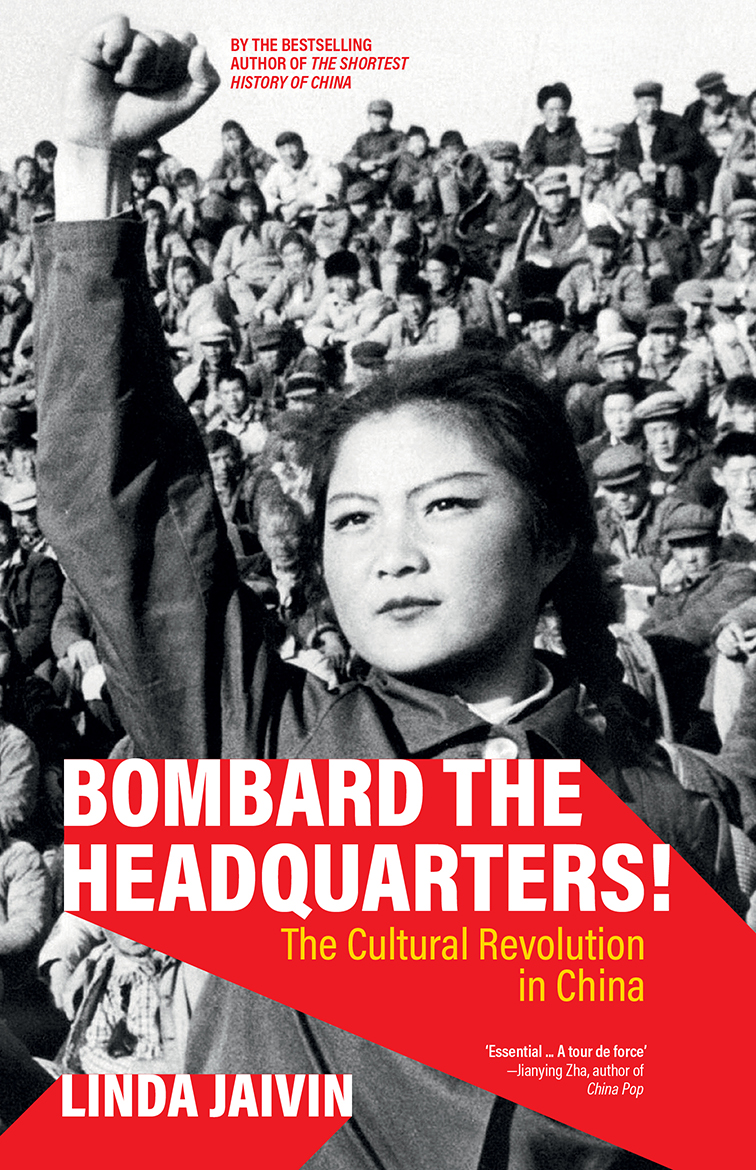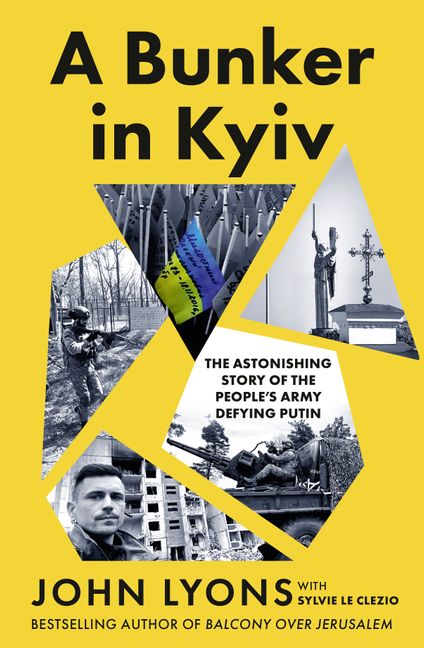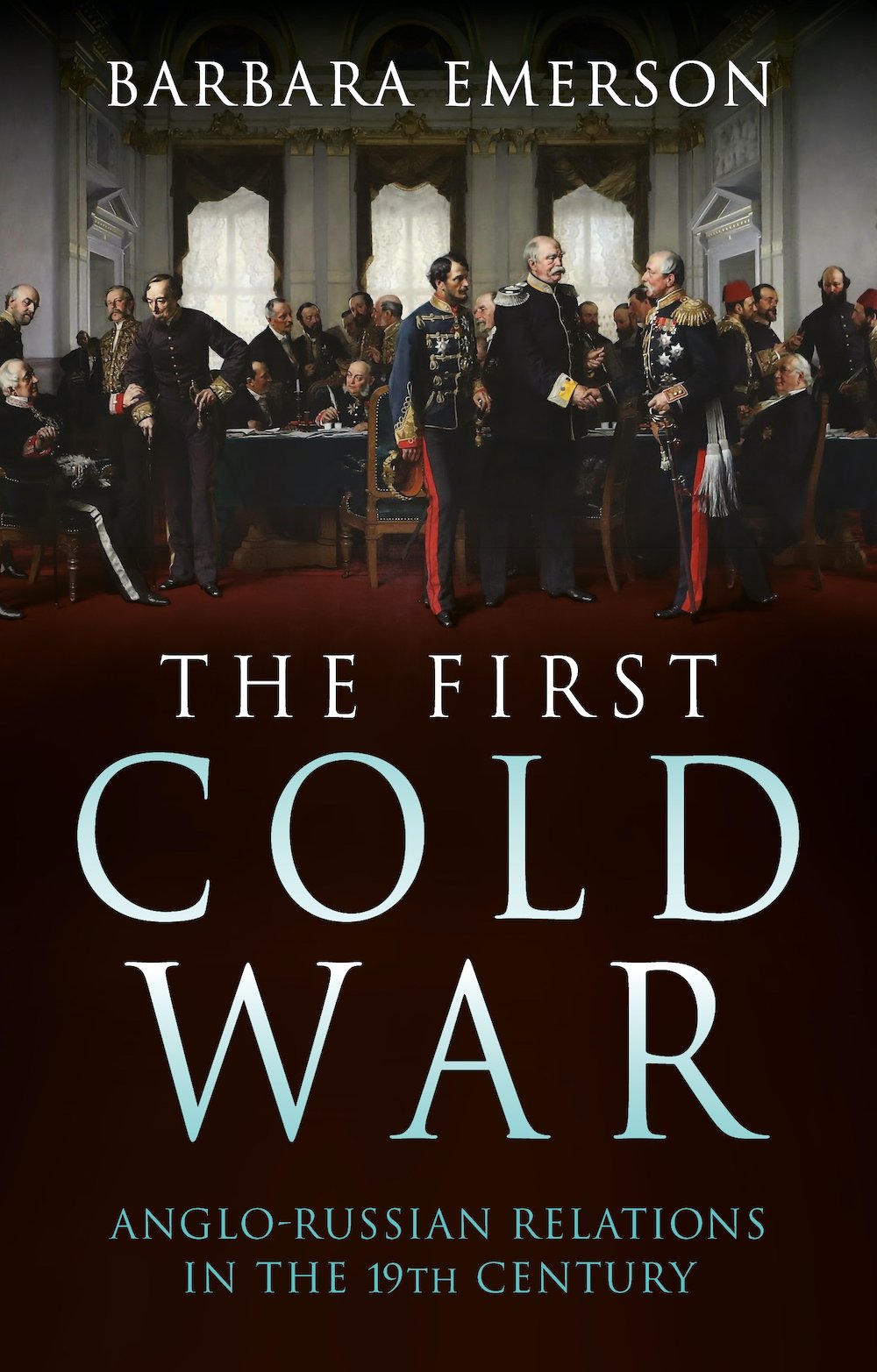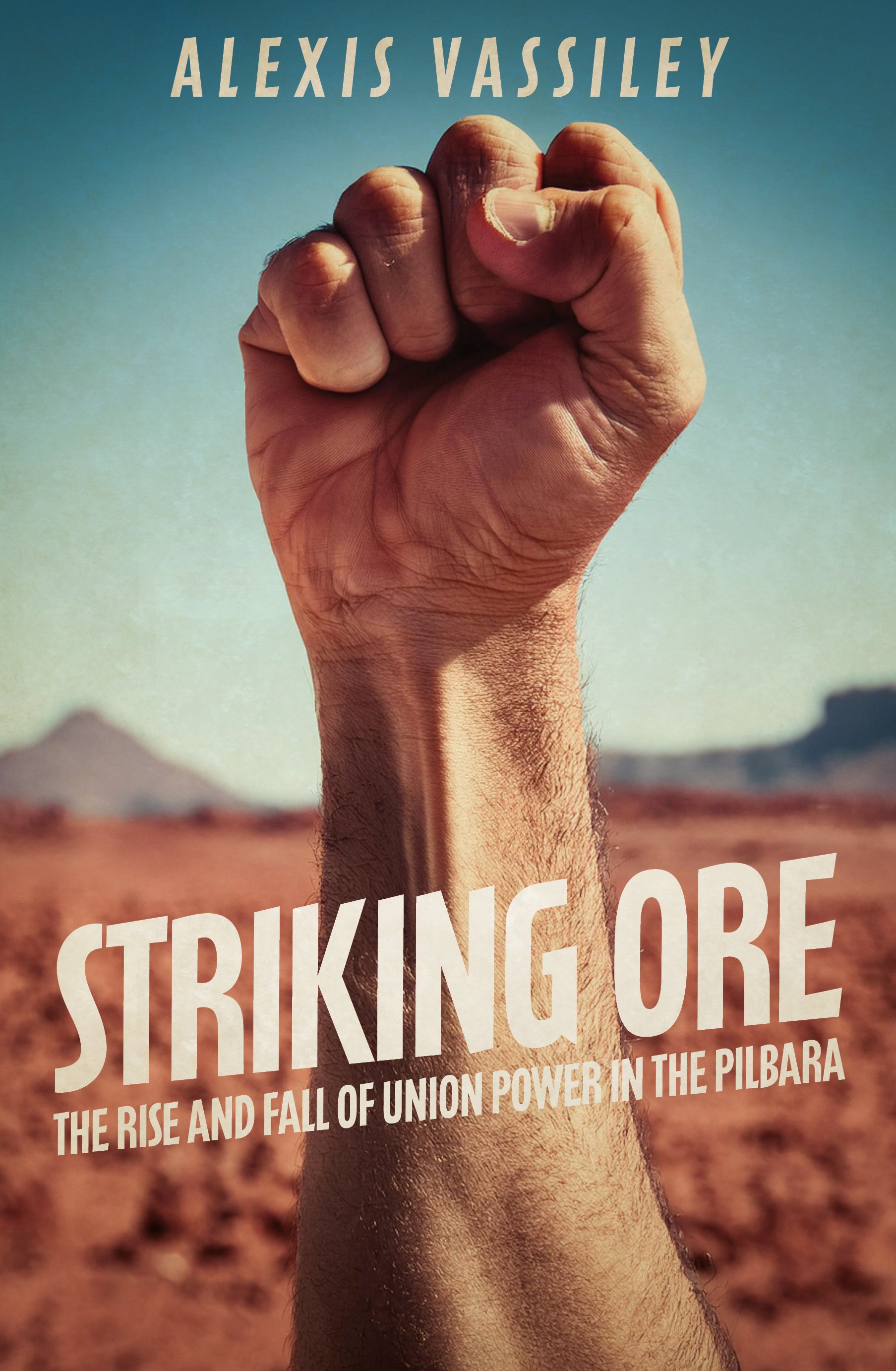Non Fiction
Readers grow faithful to their favourite authors – to their style, their literary landscapes, and the moods their books create. Readers of Deborah Levy’s work have come to know and love her idiosyncratic voice. Her texts plunge readers into quotidian worlds made surreal and her narrators point out the humour and strangeness of everyday life.
... (read more)Vatican Spies: From the Second World War to Pope Francis by Yvonnick Denoël
The global reaction to the recent death of Pope Francis and the ensuing election of Pope Leo XIV confirmed the centrality of the Vatican to its 1.3 billion followers and the international political landscape. The Vatican is the world’s smallest sovereign city-state with a tiny permanent population of 882, yet has immense influence. The intensely hierarchical Holy See is far from transparent. Secrecy, scheming, intrigue, and subterfuge have been the hallmarks of its modus operandi, to which the film Conclave (2024) so grippingly alludes.
... (read more)For the past year, I’ve thought deeply and often about rivers, one in particular. The Maribyrnong River is 160 km long and runs from Mount Macedon to Port Phillip Bay. The name, adapted from the languages of the Wurundjeri, Woi Wurrung and Bunurong, who called it Mirring-gnay-bir-nong, purportedly means ‘I can hear a ringtail possum’. Initially known by British settlers as the Saltwater River because it is tidal, the Maribyrnong has a gritty history. In Footscray it served as a drain for the noxious industries that lined its banks for decades. The Maribyrnong appears every now and then in the news when it floods, as a place from which stolen cars are dredged, or when bodies wash up.
... (read more)The Genetic Book of the Dead: A Darwinian reverie by Richard Dawkins
Science communication is a basic skill for all scientists, even if it is mostly performed for a restricted academic audience. Nonetheless, all scientists must also write for broader audiences – and some have turned this into an art form. Such practitioners of accessible ‘scientific writing’ have a slightly different task to the ‘science writing’ of writer/journalists who report on, rather than from within, the field. Popular scientific writing engages not just the general public, but also other scientists. Such long-form writing often generates new insights and knowledge by synthesising broad fields of fragmented or isolated disciplinary components, thereby creating new paradigms. These are often the books that change the way we see, think about, and study the world.
... (read more)Carbon is, to quote Paul Hawken’s opening, ‘the narrator of lives born and lost’. It ‘organises, assembles, and builds … the most socially adept entrepreneur in the pantheon of life’. One could, with only a little exaggeration, apply this description to the author of Carbon: The book of life.
... (read more)What can a reader expect from the ‘shortest’ history of anything? Probably something that gives basic information about that subject with a possible admixture of humour and a fresh approach that conceals the gaps that brevity inevitably produces. Mart Kuldkepp’s shortest history of Scandinavia achieves these goals skilfully and can be trusted to provide the general reader with a reliable narrative. It also succeeds in analysing what it is about the countries that we call Scandinavia that makes them special, creating a sense of ‘Nordicness’ that is recognised by both insiders and outsiders.
... (read more)Bombard the Headquarters!: The Cultural Revolution in China by Linda Jaivin
Of all the revolutionary regimes of the modern era, few sought to remake society as radically as Communist China during the Great Proletarian Cultural Revolution. Launched by Mao Zedong in 1966 to purge ‘class enemies’ and revitalise socialist ideals, the movement quickly spiralled into widespread upheaval that slipped beyond the Party’s control. Amid mass campaigns and brutal struggles, waves of political activism surged from below, jolting the very foundations of the Communist state and reshaping the country’s cultural and political landscape.
... (read more)A Bunker in Kyiv: The astonishing story of the people’s army defying Putin by John Lyons with Sylvie Le Clezio
Few people in Australia will disagree with John Lyons that the war in Ukraine is ‘morally unambiguous’ and that the Ukrainian people have right on their side. A Bunker in Kyiv tells how they have mobilised en masse, volunteering to serve not only on the battlefront and in defence production but also in support roles across the economic and social spectrum. As for their enemies, Ukrainians have come to view Russians solely as ‘invaders, not people’. For Lyons, the conflict is a simple one between good and evil, and his underlying message is that both morality and self-interest dictate that the international community should step up its support for Kyiv.
... (read more)The First Cold War: Anglo-Russian relations in the nineteenth century by Barbara Emerson
The First Cold War is an account of 300 years of British-Russian relations, from mutual incomprehension to the Anglo-Russian Convention of 1907, which reached an accommodation between the great powers. This proved remarkably stable and provided the basis for resisting German aggression in the twentieth century. It only ended in 1949 when the next cold war began.
... (read more)Striking Ore: The rise and fall of union power in the Pilbara by Alexis Vassiley
The history of the Pilbara is distinctive, but its contours are those of Australian history in miniature. Successive resource booms have saddled that part of Western Australia with the weight of immense national expectation. The rise and fall of trade unionism was compressed into a few short decades in the Pilbara’s iron ore mines, where compulsory unionism once made workers immensely powerful, and where the decline in union membership now leaves them highly exposed to managerial agendas.
... (read more)
